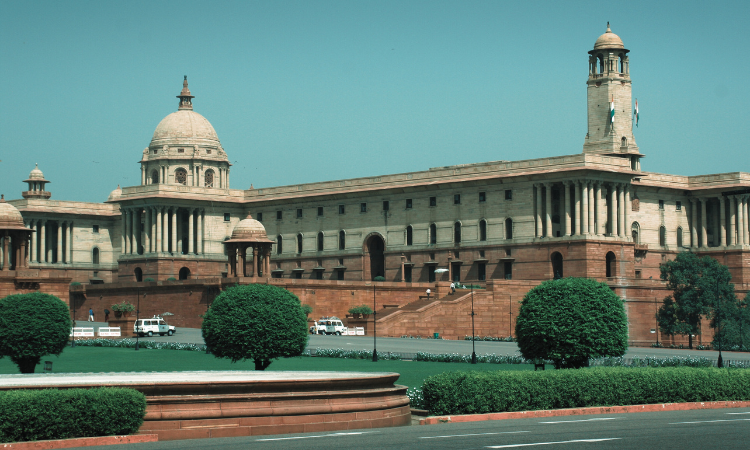How Indian Gov’t Should Respond to Adani’s US Indictment
India Must Address the Legal and Regulatory Issues, Sidelining Politics
November 29, 2024
The Indian government is under mounting pressure to respond decisively to the indictment of Gautam Adani in the United States for alleged bribery and fraud. The charges against the Adani Group, which include accusations of substantial bribes to secure solar power contracts, demand government action to protect India’s global business reputation and domestic corporate culture.
Parliamentary proceedings have come to a halt as opposition parties are demanding discussions on the charges against Adani, alongside other contentious issues, according to Deccan Herald. The ruling government is refusing to entertain the requests, leading to adjournments in both the Lok Sabha and the Rajya Sabha.
Gautam Adani, his nephew and others have been indicted for allegedly offering bribes totalling about 20.29 billion rupees to state officials in India. According to U.S. authorities, these bribes were intended to secure solar power contracts from 2020 to 2024.
Rahul Gandhi, the leader of Opposition and the Congress party, has called for Adani’s arrest. “Hundreds of people are being arrested on tiny charges, and the gentleman has been indicted in the U.S. for thousands of crores. He should be in jail, and the government is protecting him,” Gandhi said in the Parliament, as reported by The Telegraph.
India Today quoted Congress MP and senior advocate Manish Tewari as saying, “Without going into the merits of the indictments, it is incumbent upon the Indian Parliament to deliberate on the message this sends about India’s business environment to the global community.” He also questioned the role of the Securities and Exchange Board of India (SEBI), asking, “If the securities and exchange commission was unable to find fallacies and anomalies allegedly with what was happening with Adani conglomerate, what were they doing?”
Tewari was apparently alluding to criticisms of SEBI and other regulatory bodies, which have been accused of failing to uphold stringent oversight, particularly following the Hindenburg report in 2023 that alleged financial irregularities within the Adani Group. The report had led to the Supreme Court’s intervention and highlighted concerns about corporate governance standards in India. According to Tewari, the “larger systemic institutional issue” raised by the U.S. indictment “deserves the attention of the Indian Parliament and should not be swept under the carpet.”
In contrast, Mahesh Jethmalani, a senior advocate and BJP leader, dismissed the opposition’s claims, arguing that without concrete evidence, the Enforcement Directorate (ED), Central Bureau of Investigation (CBI) and SEBI could not conduct investigations based solely on “speculation.” He added that “Congress claims this is a moment of reckoning for institutions like the ED, CBI and SEBI. But what reckoning can happen without evidence?” as quoted by India Today.
Jethmalani overlooked the raids conducted by the ED and CBI on social activists, media houses and political opponents of the governing party without even prima facie evidence.
The issue demands that India set aside domestic politics and focus on addressing both the legal and regulatory aspects of the allegations, especially given that the indictment comes from a court of law in a country that is one of India’s key trade partners.
One possible step is the initiation of an independent investigation within India to determine whether any national laws were breached, specifically concerning bribery and corruption. Such a move would require coordination with U.S. authorities to ensure a thorough examination of the facts presented in the indictment.
Another measure could involve a comprehensive review of existing regulatory mechanisms. The indictment has raised questions about how Indian companies conducting international business are monitored, especially those that are listed on foreign stock exchanges or involved in international fundraising.
The allegations have the potential to affect India’s international standing, and the government may need to reassure foreign investors of its commitment to transparency and ethical business practices.

